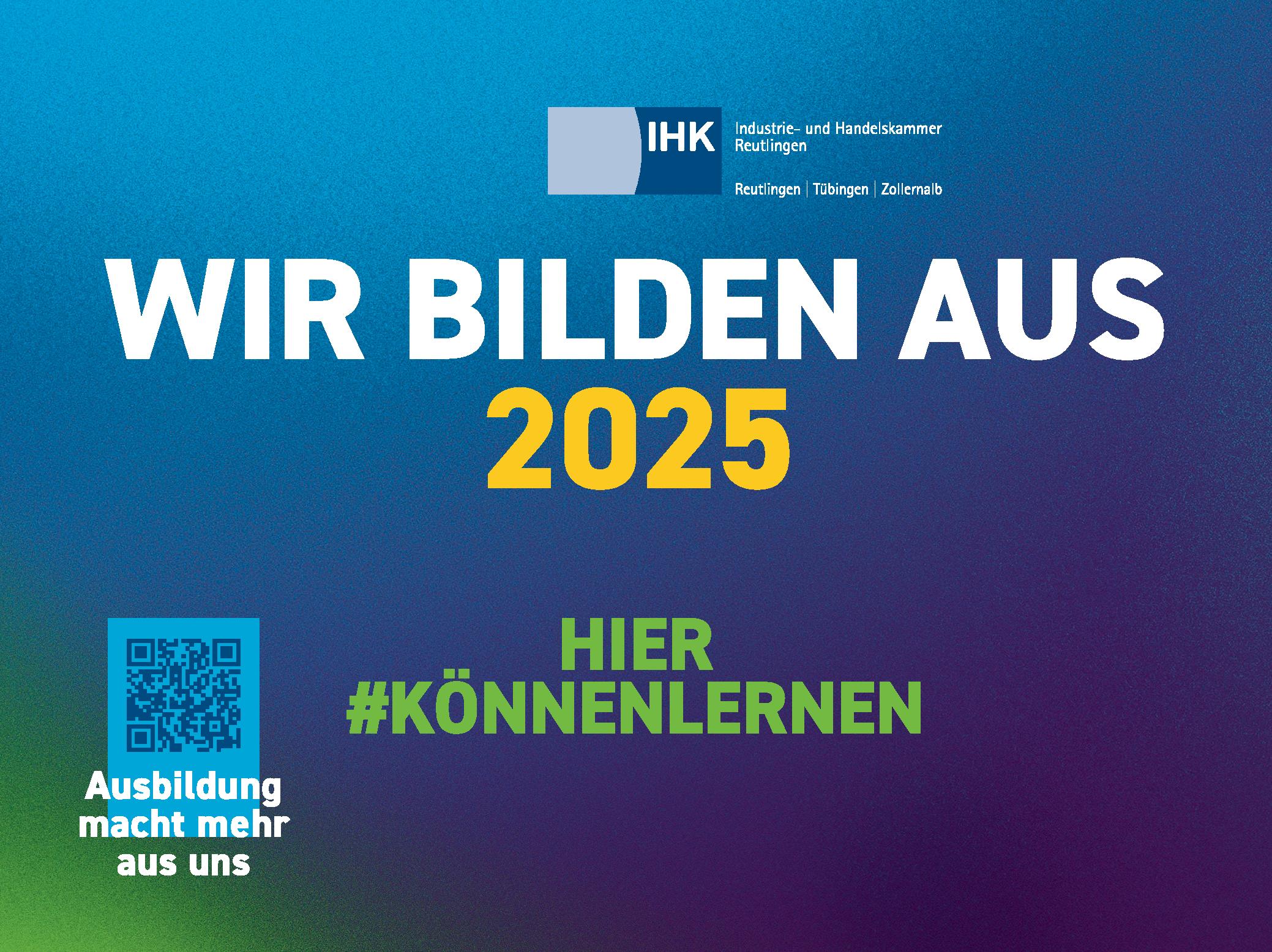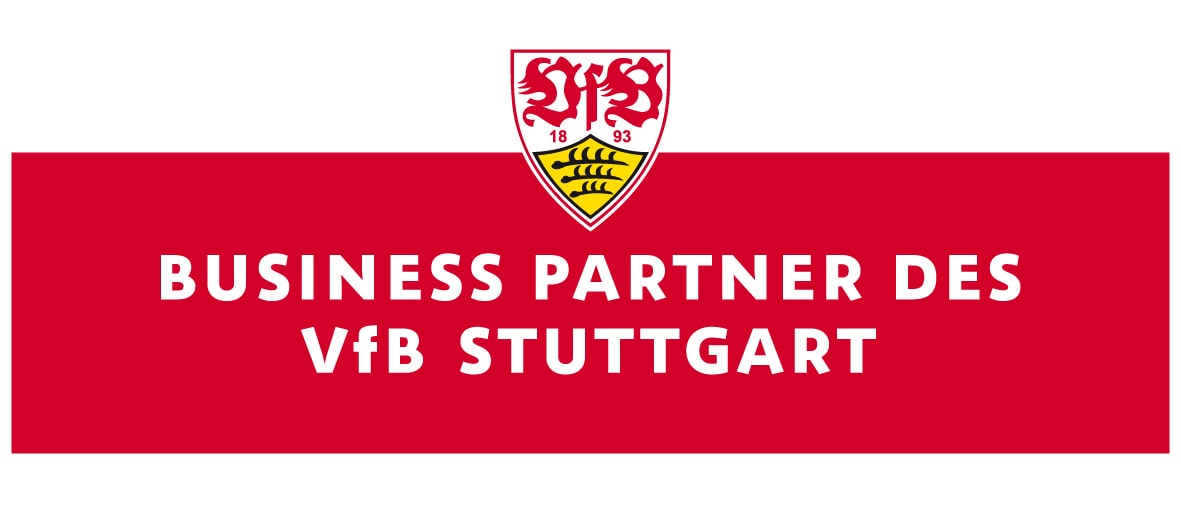Medical and laboratory technology sets high standards and requires sophisticated plastic injection moulded parts.
Many of these products are in the visible area and have a high-gloss surface. High quality plays a major role here. In our tool shop, the injection moulds are provided with an appropriate surface. The selection of the right plastic granulate is also of great importance. As a manufacturer, we support our customers here with appropriate advice. Different plastics can also be sampled during a sampling session.
In the medical industry, we serve many different customers, such as KaVo, Erbe, Storz Medical or Strässle. Each customer has their own requirements for plastics technology.
For KaVo, we mainly manufacture visible parts that you may have come across at your dentist's (including the glass cover of the lamp). The instrument panel must be UV-resistant so that it does not yellow. The highest quality is required here, which we ensure through controls by our quality department.
A respiratory mask has the highest technical and optical requirements.
In addition to plastic parts, we also supply the medical industry with supply cables for medical devices. As a cable manufacturer in Germany, it is a great concern for us to be able to supply our customers with high-quality products.
Further examples of plastic injection moulded parts in medical and laboratory technology:
- medical devices: plastic parts are used in a variety of medical devices, including catheters, syringes, infusion sets, blood bags, prostheses, implants and surgical instruments. Plastics such as polyethylene, polypropylene, PVC (polyvinyl chloride) and polycarbonate are commonly used.
- laboratory glassware: Much laboratory equipment is made of plastic, including Petri dishes, microtitre plates, test tubes, bottles, pipettes and graduated cylinders. Plastics such as polystyrene, polypropylene and polyethylene are commonly used for these applications.
- laboratory protection: plastics are also used for the protection of laboratory personnel, e.g. in the form of safety goggles and face shields. This protective equipment is often made of polycarbonate.








